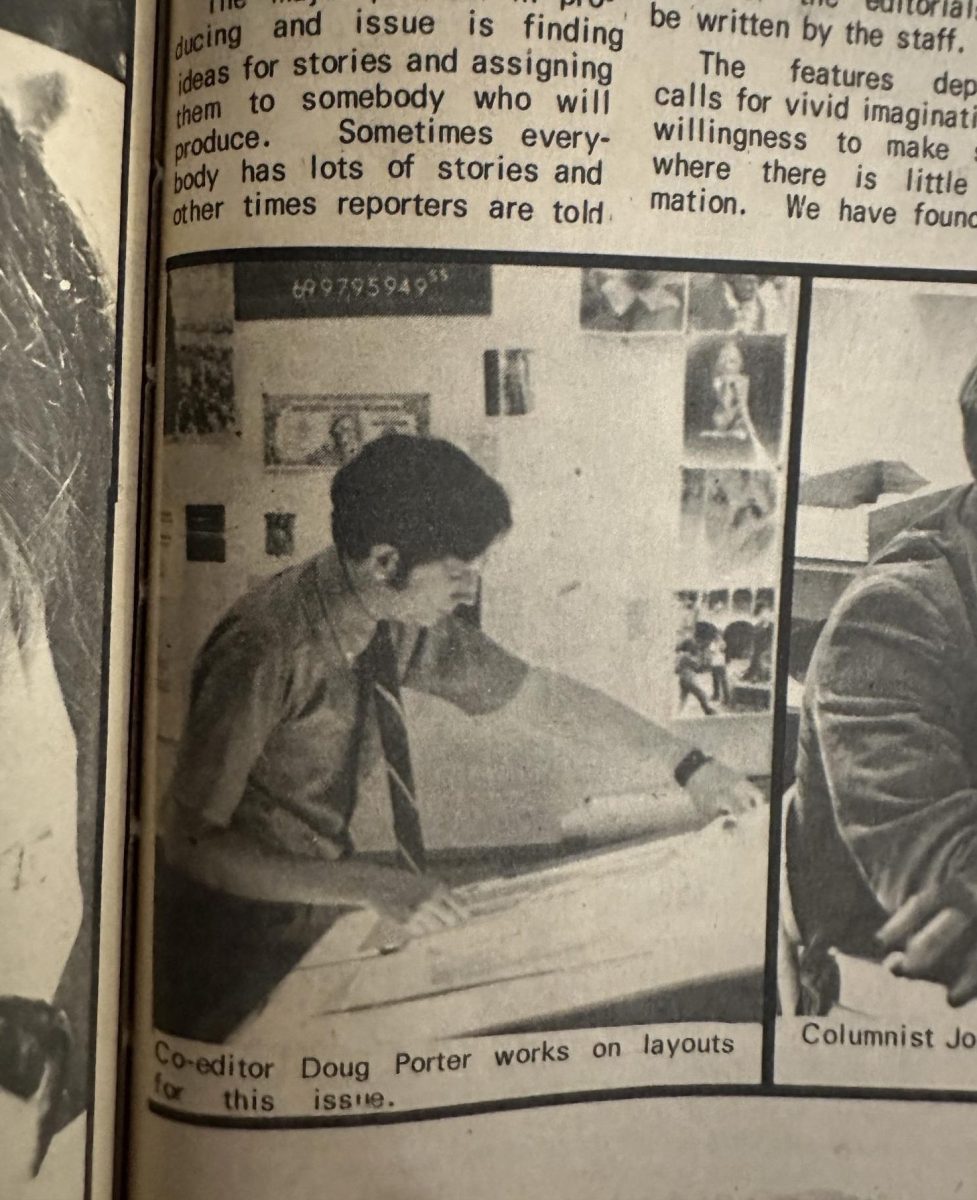In this economic climate, many City College students have to juggle a full school schedule along with a full-time job in order to be self-sufficient. For some, this heavy load has proven to be a bit much to carry.
One student who said he felt this strain is Joseph Marrero. He was a full-time City College student trying to complete the necessary upper-division units needed to transfer to a university and major in molecular biology.
His plans, however, hit a dead-end when he wasn’t able to financially support himself with his part-time job.
“I was taking 14 units this semester, getting financial aid, and working part-time,” Marrero said. “But it still wasn’t enough to cover rent and bills so I decided to quit school.”
The decision to put school on-hold wasn’t easy to make, he added. But it’s a decision more City College students are faced with as mounting pressures at home lead them to make this difficult decision.
“And it is getting worse,” City College English professor Anna Rogers said. “Over the course of this semester alone, what I’ve noticed are students who have to make job transitions mid-semester . then attempt to juggle school and their work schedule, which because it is mid-semester, are really incompatible, and it’s causing students to disappear from my classes.”
But there are some students who do attempt to continue these hectic schedules – sometimes at the expense of their school grades.
One such student is Angie Esparza, who balances a full school schedule with raising three children and supporting a family, almost entirely on her own. With so many responsibilities, she said it’s hard to maintain her 3.7 Grade Point Average.
“Where I would be getting an A, I am actually getting a B or C because I have very limited time to do homework,” Esparza said. “Some days, by the time I get home, I’ll be so tired that I’ll go straight to bed without doing my homework. And sometimes I’ll wake up at 4 in the morning, trying to type-up essays as quick as possible.”
The pressure has caused Esparza to try and quit three times, only to decide to persevere through her hectic schedule in order to pursue her artistic talents as a writer, Esparza said.
She added that financial aid has also been a determining factor in her ability to continue schooling, as it has helped her to pay bills throughout the semester.
Financial aid is also doing as much as they can to help students, like Esparza, pursue their academic goals, according to City College Financial Aid Director Gregory Sanchez.
“This past year we’re up over 20 percent in applications,” Sanchez said. “For the 2008-2009 semesters, 4,700 students received Pell Grants. So far this year, for the 2009-2010 semesters, we have 5,700 students receiving aid. So, not only are more people applying, but we’re also doing a better job getting (the students) awarded.”
And although financial aid is doing what it can to keep students in school, for students like Marrero, even with the Pell Grants, dreams of academic success have to be put on-hold for the time being; this can be hard, Marrero said.
“It’s rough right now,” Marrero added. “I do definitely want to go back to school, and if there is any opportunity I will take it, but right now, it’s just too hard.”
Both Rogers and Sanchez suggest that students complete the necessary financial aid application to receive whatever help they can in order to stay in school.
“The resources are scarce but students really need to be looking for them,” Rogers said. “With a degree your earning potential will be higher . than you would without a degree. And a long-term solution is much better than a short-term fix that might cost you a productive and meaningful life.”








